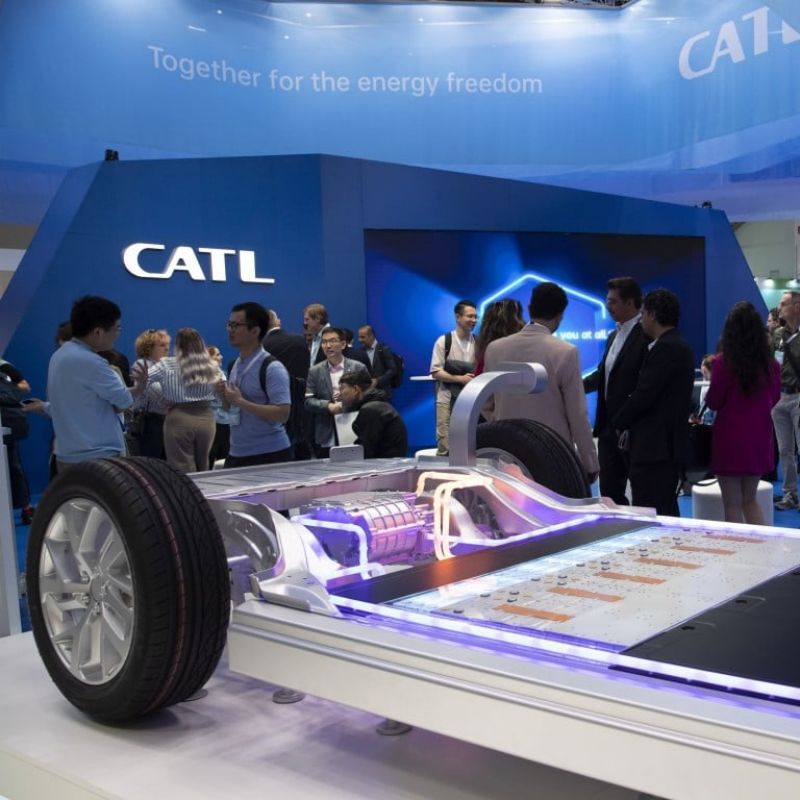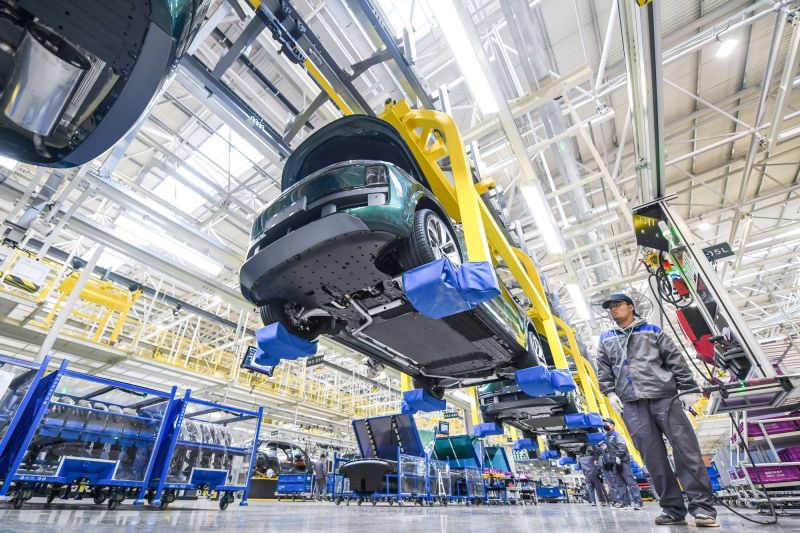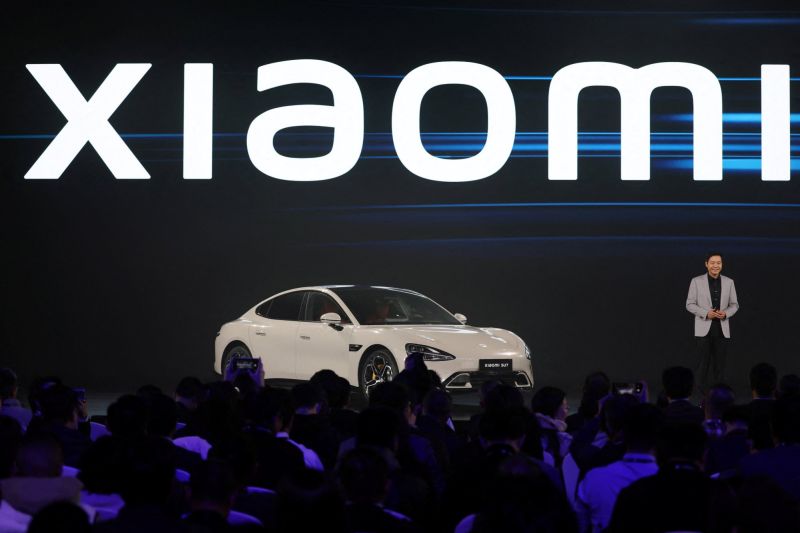CATL, which had a 37.4 per cent share of the global battery market last year, will start construction on the Beijing plant this year, city’s economic planner says
Ningde-based firm plans to deliver its Shenxing battery, which can offer 400km of driving range with just 10 minutes of charging, before the end of the first quarter
Contemporary Amperex Technology (CATL), the world’s largest electric vehicle (EV) battery manufacturer, will build its first plant in Beijing to tap the rising demand for battery-powered cars in mainland China.
CATL’s plant will help China’s capital city form a complete supply-chain for EV production, as Li Auto, the country’s top electric-car start-up, and smartphone maker Xiaomi, both based in Beijing, step up the development of new models.
CATL, based in Ningde, eastern Fujian province, will begin construction on the plant this year, according to a statement by the Beijing Commission of Development and Reform, the city’s economic planning agency, which did not provide details about the plant’s capacity or launch date. CATL declined to comment.
The company, which had a 37.4 per cent share of the global market with an output of 233.4 gigawatt-hours of batteries in the first 11 months of 2023, is set to become a key vendor to Li Auto and Xiaomi when the smartphone maker’s Beijing plant becomes operational, according to analysts.
Li Auto is already a major player in China’s premium EV segment, and Xiaomi has the potential to become one, said Cao Hua, a partner at private-equity firm Unity Asset Management.
“So it is reasonable for key suppliers like CATL to establish local production lines to serve its major clients,” Cao said.
Beijing’s economic planning agency said that Li Auto is considering setting up a production base for car parts, without revealing details.
Li Auto is the closest rival to Tesla in China’s premium EV segment, delivering 376,030 intelligent vehicles to mainland buyers in 2023, a jump of 182.2 per cent year on year.
Tesla handed 603,664 units made at its Shanghai Gigafactory to Chinese customers last year, an increase of 37.3 per cent year on year.
Xiaomi unveiled its first model, SU7, at the end of 2023. Featuring a sleek look and a sports-car level of performance, the company plans to begin trial production of the electric sedan in the coming months.
CEO Lei Jun said Xiaomi will strive to become a top five global carmaker in the next 15 to 20 years.
In China, the EV penetration rate exceeded 40 per cent in late 2023 amid motorists’ rising penchant for environmentally friendly cars featuring autonomous driving technology and digital cockpits.
Mainland China is now the world’s largest automotive and EV market, with sales of battery-powered cars accounting for about 60 per cent of the global total.
UBS analyst Paul Gong said last week that only 10 to 12 companies would survive the cutthroat mainland market by 2030, as intensifying competition has been piling pressure on the 200-plus Chinese EV makers.
Sales of battery-powered vehicles on the mainland are expected to slow to 20 per cent this year, compared with 37 per cent growth recorded in 2023, according to a forecast by Fitch Ratings in November.
Meanwhile, CATL will start delivering the world’s fastest-charging electric-car battery before the end of the year’s first quarter, another technological breakthrough to speed up the use of battery-powered cars.
The Shenxing battery, which can offer 400 kilometres of driving range with just 10 minutes of charging and reach 100 per cent capacity in just 15 minutes as a result of the so-called 4C charging capabilities.
Post time: Jan-20-2024







